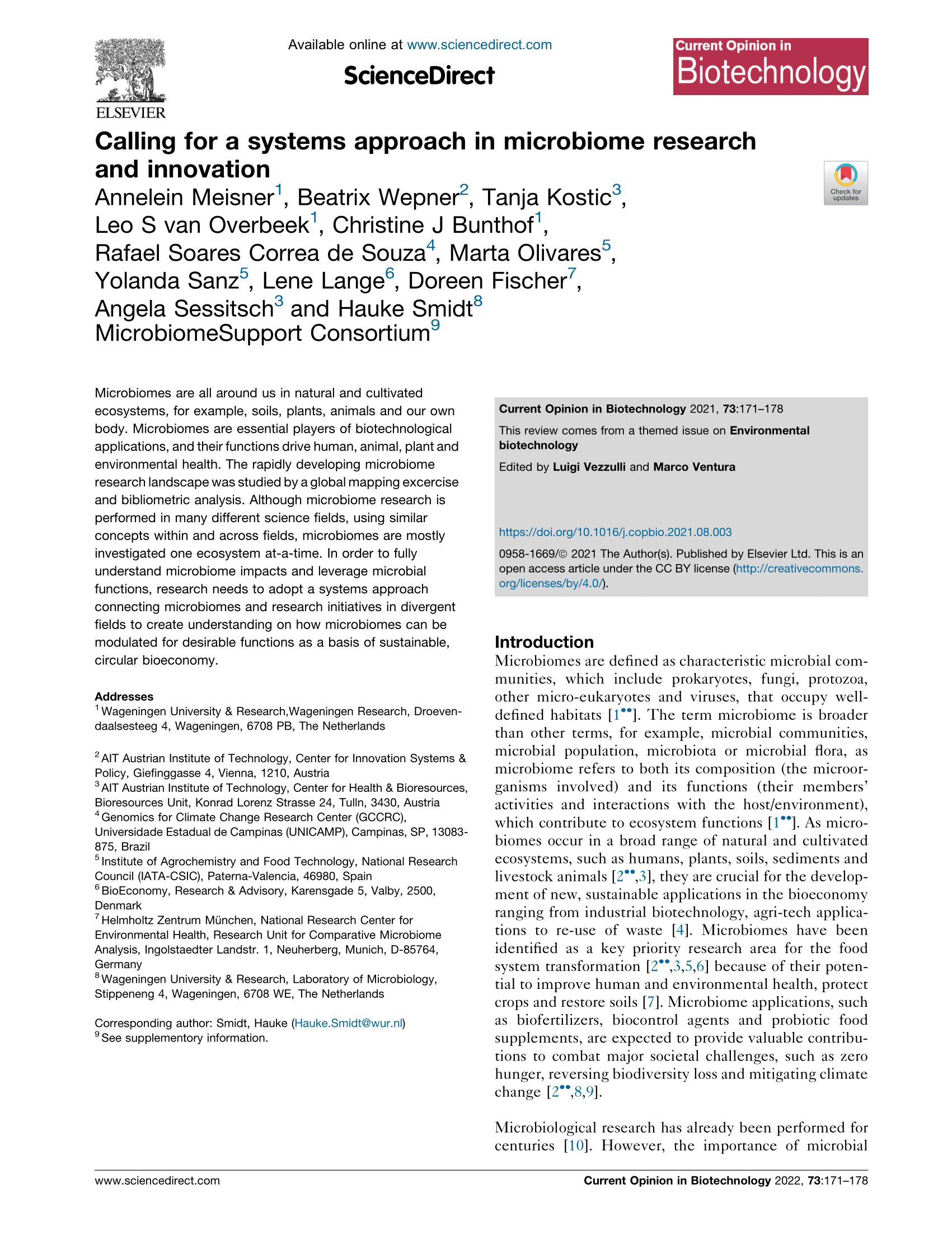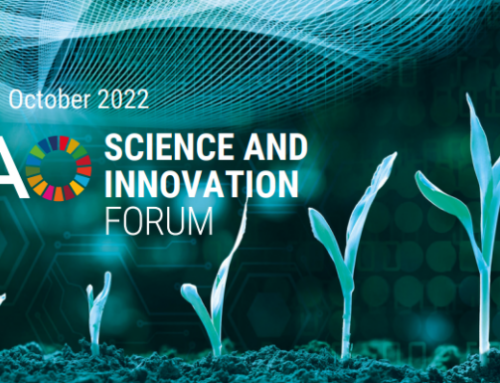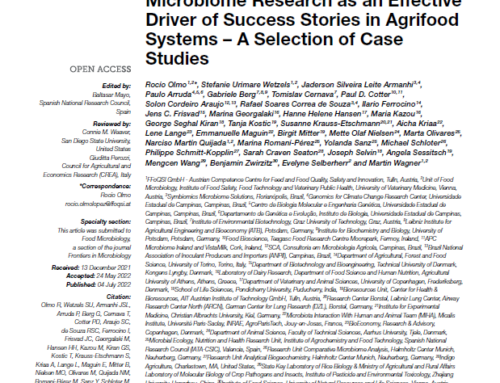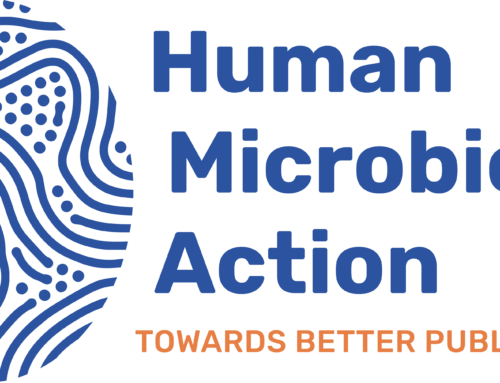Applications of microbiome research are on the rise. Large impacts are expected for societal change and sustainability. Promising advances in the field have raised the question of how we can benefit from microbiome research for bio-innovations.
MicrobiomeSupport takes a holistic understanding of microbiomes using a systems approach. By doing so, an increase of microbiome diversity of the environment with the microbiome modulation along the food system chain can be achieved. That may result in positive health benefits for human. Intentionally manipulated microbiomes across connected ecosystems can also be asset to desirable functions. Further integration of ecological concepts will be the core for the future of microbiome research.
However, there are several framework conditions that needs to be improved to further microbiome-based innovations. And a systems approach is the way to succeed at it!
THE PROBLEM
Both MicrobiomeSupport mapping exercise and bibliometric analysis show that microbiome research and innovation activities are currently clustered within scientific fields. They are also at different stages of development. Less than 0.01% of published scientific publications used a holistic approach for microbiome research and only around 10% of microbiome projects studied more than one ecosystem together in one project – potential reasons include low budgets, decentralization of research organizations, understanding of microorganisms within specific ecosystems, and the lack of updated research strategies on microbiomes.
THE RECOMMENDATIONS
In a newly published research paper, MicrobiomeSupport recommends the following actions to be taken towards an integrated research approach on connecting different microbiome research fields. This is to tackle societal challenges and support the development of a circular food system and economy:
- R&I strategies to stimulate inter-disciplinary and trans-disciplinary work are needed. Complementary research projects to work as a base for novel innovations can assist on connecting different ecosystems and scientific fields.
- Informing policymakers, scientists, citizens, farmers, regulators, and other stakeholders on the importance of microbiomes is required. For instance, the establishment of an international microbiome network for dialogue and cooperation, knowledge exchange and collaborations can assist on microbiome-inspired biotechnology applications and product innovations.
- Co-creation processes with all relevant actors for developing novel applications are needed.
- Setting regulatory frameworks to implement microbiome applications in health, food production and safety, and environment is necessary. Tackling lengthy, dis-jointed regulation procedures can be helpful to deploy microbiome knowledge and products.

Overall, different science fields in microbiome research mostly use a one ecosystem at-a-time approach. However, the use of a systems approach connecting different fields in microbiome R&I can have a tremendous potential for achieving a sustainable, circular bioeconomy. At this point, a transfer of knowledge across eco-, policy- and societal systems is needed above all.
Full reference: Meisner A., Wepner B., Kostic T., van Overbeek L.S., Bunthof C.J., Correa de Souza R.S., Olivares M., Sanz Y., Lange L., Fischer D., Sessitsch A., Smidt H., MicrobiomeSupport Consortium. ‘Calling for a systems approach in microbiome research and innovation’. Feburary, 2022, Current Opinion in Biotechnology. DOI:10.1016/j.copbio.2021.08.003





